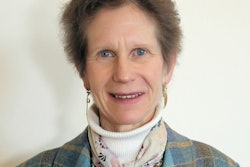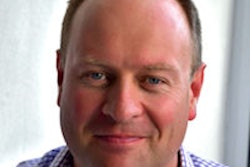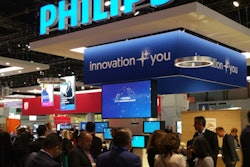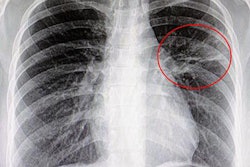Dear AuntMinnieEurope Member,
Nearly three years have passed since our columnist Dr. Paul McCoubrie issued his popular second set of golden rules of radiology, but the long wait for more gems is over. He's released a fresh collection of 20 uber-truths, based on years of experience at the clinical coalface.
McCoubrie is never predictable or dull, and he has some words of caution about 3D reconstructions and artificial intelligence. Go to the Advanced Visualization Community, or click here.
The U.K. Royal College of Radiologists (RCR) has issued its annual workforce census this week, and it underlines just how much the staffing crisis has deepened. Also, RCR President Dr. Nicola Strickland warns that outsourcing costs are spiraling out of control. Find out more in our Imaging Informatics Community, or by clicking here.
Meanwhile, Finnish researchers have published the findings of an important study that involved comparing supine and prone breast MRI in cancer patients scheduled for oncoplastic breast-conserving surgery. For their findings and analysis, visit the Women's Imaging Community, or click here.
A leading French group has evaluated a machine-learning algorithm that could predict immunotherapy response after analyzing CT studies for a radiomic signature defined by the level of a tumor's lymphocyte infiltration. Their results are worth a close look. You can do so in the CT Community, or by clicking here.
Peru only has two scanners that perform cardiac MRI. The machines provide a total of six scans per week at a cost of $400 (345 euros) to $800 (689 euros) per scan. To develop a lower-cost, faster protocol, an international research team developed a cardiac MR technique for a 1.5-tesla scanner to acquire data on cardiac volume, function, and scarring based on late gadolinium enhancement. Learn more here.
Finally, people across the world are starting to think about RSNA 2018, to be held in Chicago in late November. Don't miss our news report about a welcome initiative from the organizers.



















